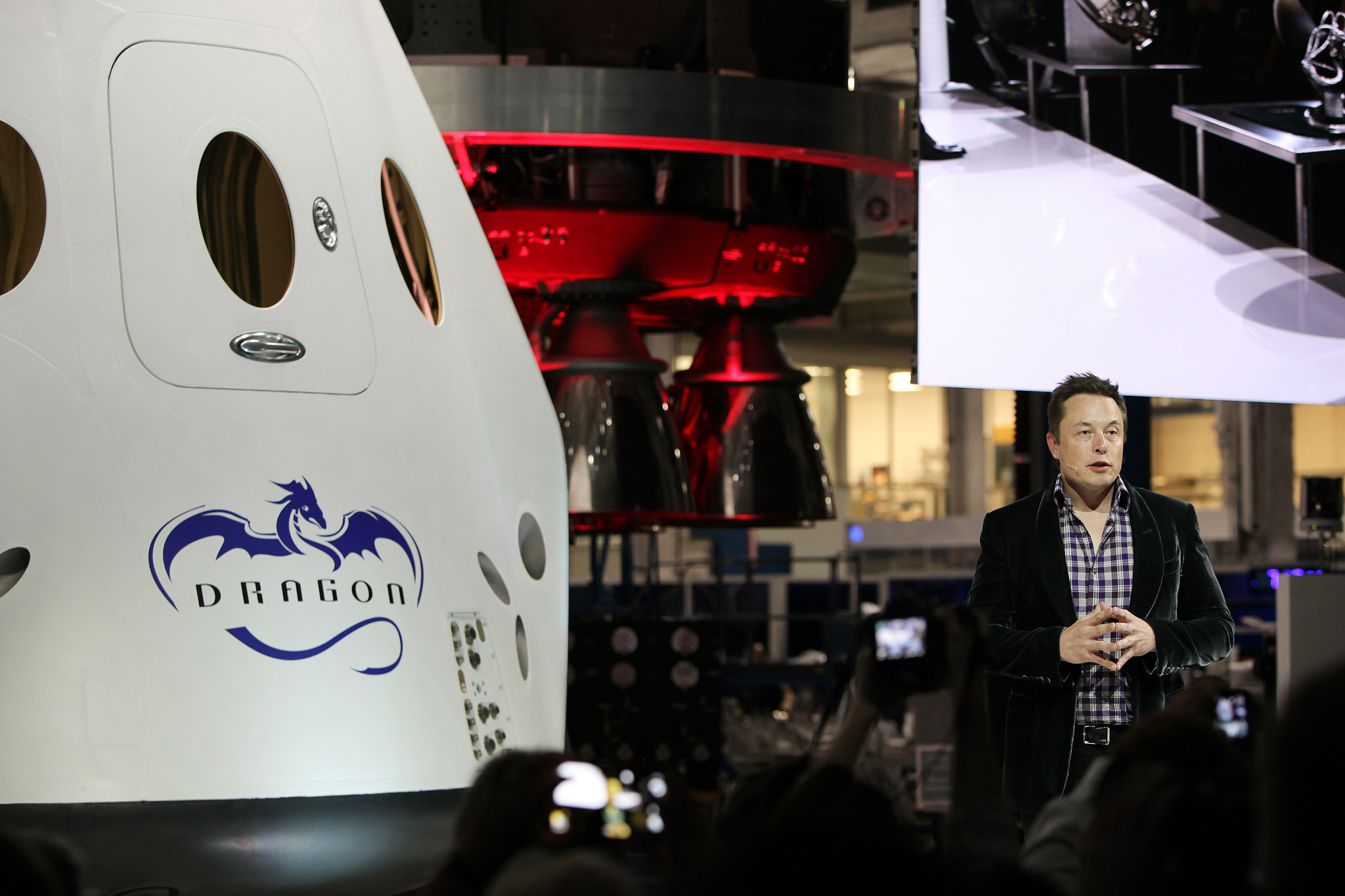 NEWS
NEWS
 NEWS
NEWS
 NEWS
NEWS
Elon Musk’s Space X Corp. is one step closer to its ambition of delivering internet access from space with the company applying for Federal Government approval to start testing on the project.
According to The Washington Post the filing was made with the Federal Communications Commission late last month and proposes tests starting next year.
The proposal, first floated in major detail in January and described as “hugely ambitious,” would see 4,000 satellites in low earth orbit (LEO,) promising to deliver a speedier Internet service than is currently provided by space based internet providing satellites.
The lag in current internet providing satellite systems is due to their distance from the Earth; a normal communications satellite is often in orbit as high as 22,000 miles above the earth to provide it with a wider coverage area, or “footprint” as it’s often known. The futher the distance from the surface of the earth, the longer signals take to travel, delivering a service with high lag.
SpaceX’s internet providing satellites would sit at a much lower orbit (how low isn’t clear, but clearly high enough that they aren’t pulled out of orbit by the earth’s gravity) thereby reducing the lag time. Each SpaceX satellite would have a far smaller footprint than a traditional satellite, but there would be far more of them, meaning that in net total they would still cover as many, if not more areas that existing satellites cover.
The economics aren’t terrible either: the entire program has been estimated to be $10 billion, as the satellites themselves will be much smaller than traditional units, therefore cheaper to manufacture and deploy.
While part of the push by Musk is altruistic, in wanting to provide internet access to areas, particularly in the third world, that don’t currently have that access, in theory the system could also compete with established internet providers such as Comcast and Time Warner on speed; whether that’s a side benefit from the program, or the underlying utility that will cover the costs of the program isn’t clear as Musk has yet to discuss business plans.
Whatever the reason, global satellite internet coverage is a good thing, whether you’re in a slum in deepest, darkest Africa, driving across the Australian outback, or literally live in an area where you have no competition in internet access providers.
Although a date for completion of the project hasn’t been set, SpaceX has previously indicated that they’d want it up and running within 5 years.
Support our mission to keep content open and free by engaging with theCUBE community. Join theCUBE’s Alumni Trust Network, where technology leaders connect, share intelligence and create opportunities.
Founded by tech visionaries John Furrier and Dave Vellante, SiliconANGLE Media has built a dynamic ecosystem of industry-leading digital media brands that reach 15+ million elite tech professionals. Our new proprietary theCUBE AI Video Cloud is breaking ground in audience interaction, leveraging theCUBEai.com neural network to help technology companies make data-driven decisions and stay at the forefront of industry conversations.